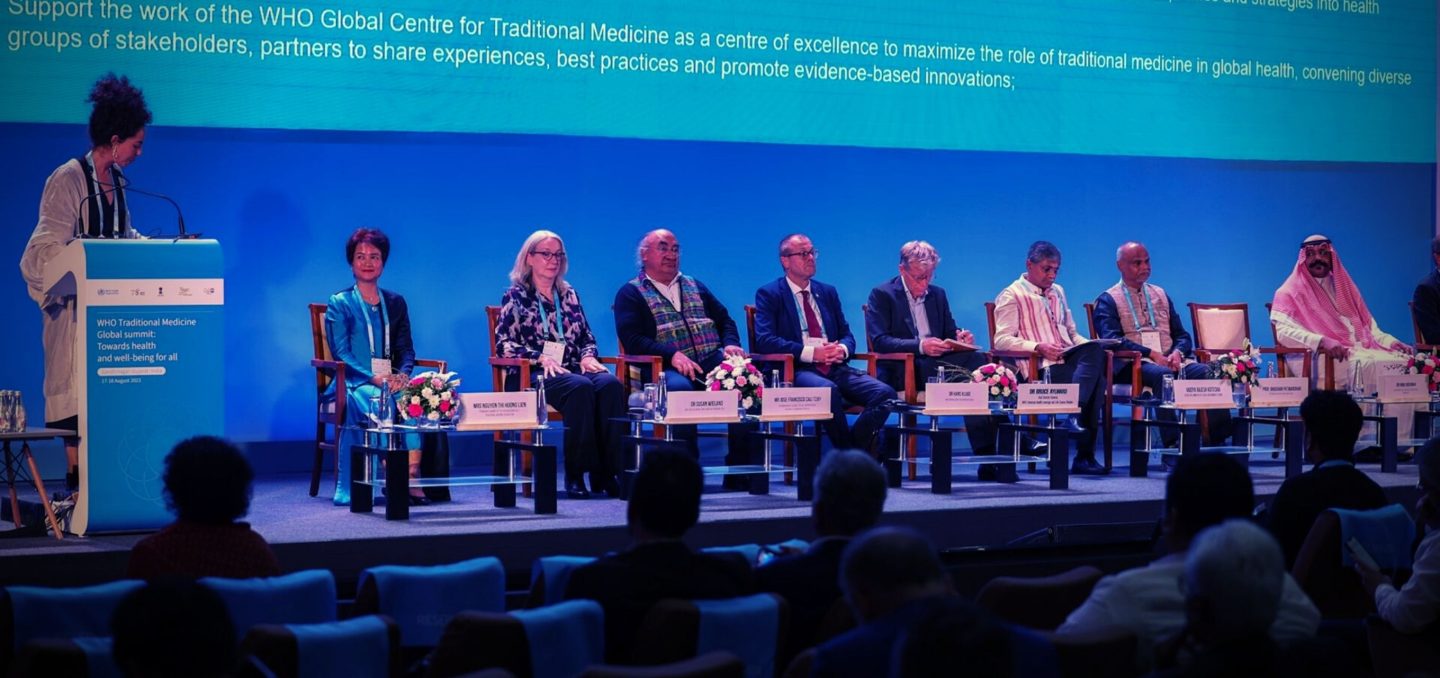August 19th marked a significant moment in the field of global healthcare as the World Health Organization (WHO) and the G20 India presidency jointly unveiled the groundbreaking Global Initiative on Digital Health (GIDH). This momentous announcement took place during the Health Minister’s Meeting at the G20 Summit, hosted by the Government of India.
The GIDH (pronounced “guide” for short) will operate under WHO’s expert stewardship as a network and platform aimed at bolstering the realization of the Global Strategy on Digital Health 2020–2025. WHO, in its role as the strategy’s Secretariat, will serve as the driving force behind harmonizing and convening global standards, optimal practices, and essential resources to expedite the transformation of digital health systems.
Dr. Tedros Adhanom Ghebreyesus, WHO Director-General, expressed gratitude toward the G20 countries and the India G20 Presidency for endorsing the establishment of the GIDH network. He emphasized the necessity of ongoing support and collaboration among the G20, development partners, and international organizations, underscoring WHO’s unwavering commitment to partnering with nations to enhance their capabilities and broaden access to quality-assured digital solutions, thereby fostering a healthier, safer, and more equitable future.
Dr. Mansukh Mandaviya, the Union Health Minister of India, echoed these sentiments and called the announcement of the Global Initiative on Digital Health an important turning point in the history of the G20 Health Working Group. This initiative is one of the key deliverables of India’s G20 Presidency.
The inception of this initiative can be traced back to the 2005 WHO resolution on eHealth, which paved the way for the development and adoption of the WHO Global Strategy on Digital Health. Notably, over 120 WHO Member States have since formulated their national digital health policies or strategies. However, while the COVID-19 pandemic accelerated digital health usage, many nations have expressed the imperative need for assistance in transitioning from product-centric and pilot digital health initiatives to establishing comprehensive national digital health infrastructures. This entails governance, policy, and a proficient healthcare workforce capable of selecting, maintaining, and adapting digital health interventions.
What will be the outcomes?
The GIDH initiative aspires to unite nations and partners to achieve quantifiable outcomes by:
- developing clear priority-driven investment plans for digital health transformation;
- Improving reporting and transparency of digital health resources;
- Facilitating knowledge exchange and collaboration across regions and countries to accelerate progress;
- Supporting whole-of-government approaches to digital health governance in countries; and
- Increasing technical and financial support for the implementation of the Global Strategy on Digital Health 2020–2025 and its next phase.
Significant financial and material contributions have also been made by WHO, working with many stakeholders, to launch this ground-breaking effort.
Digital health has proven to be a formidable accelerator in advancing healthcare outcomes toward the realization of Universal Health Coverage and the health-related Sustainable Development Goals by 2030. Digital health interventions offer multifaceted benefits, from empowering individuals to manage their health and well-being to enabling healthcare providers to adhere to guidelines and deliver top-tier care. Furthermore, they strengthen health systems by optimizing supply chains and workforce management.
For further details, visit this link. A significant turning point in the history of global healthcare, the Global Initiative on Digital Health’s debut promises a better, more interconnected future for healthcare worldwide.



